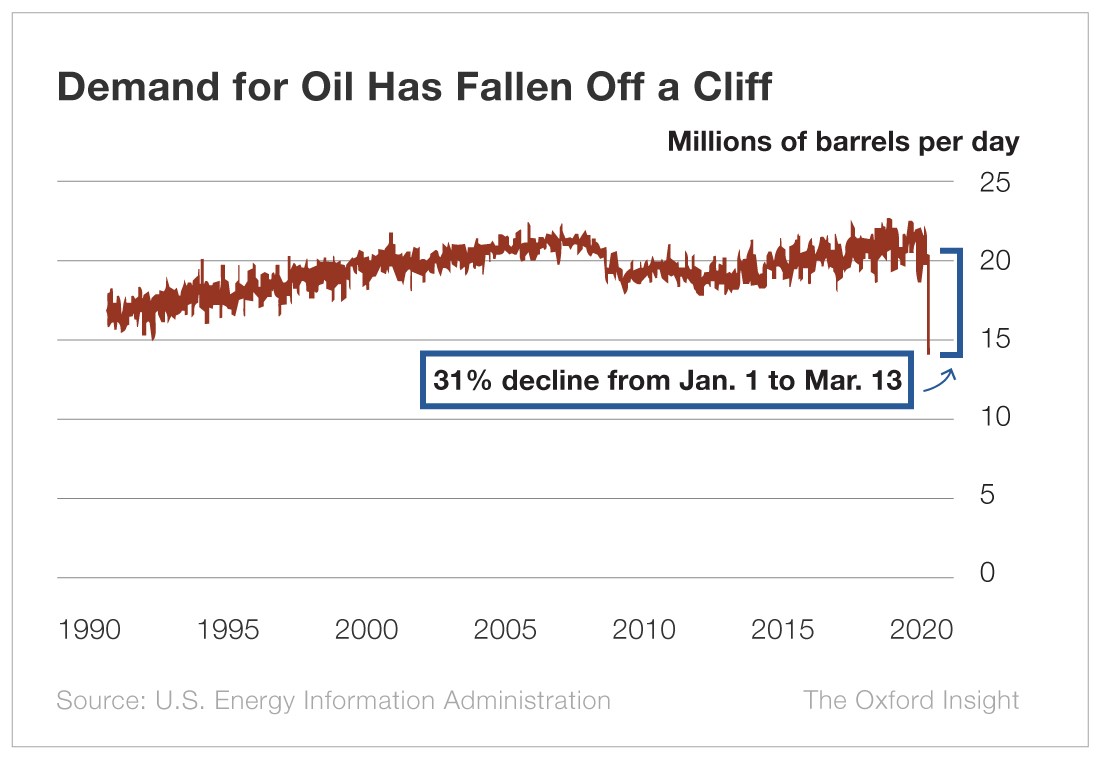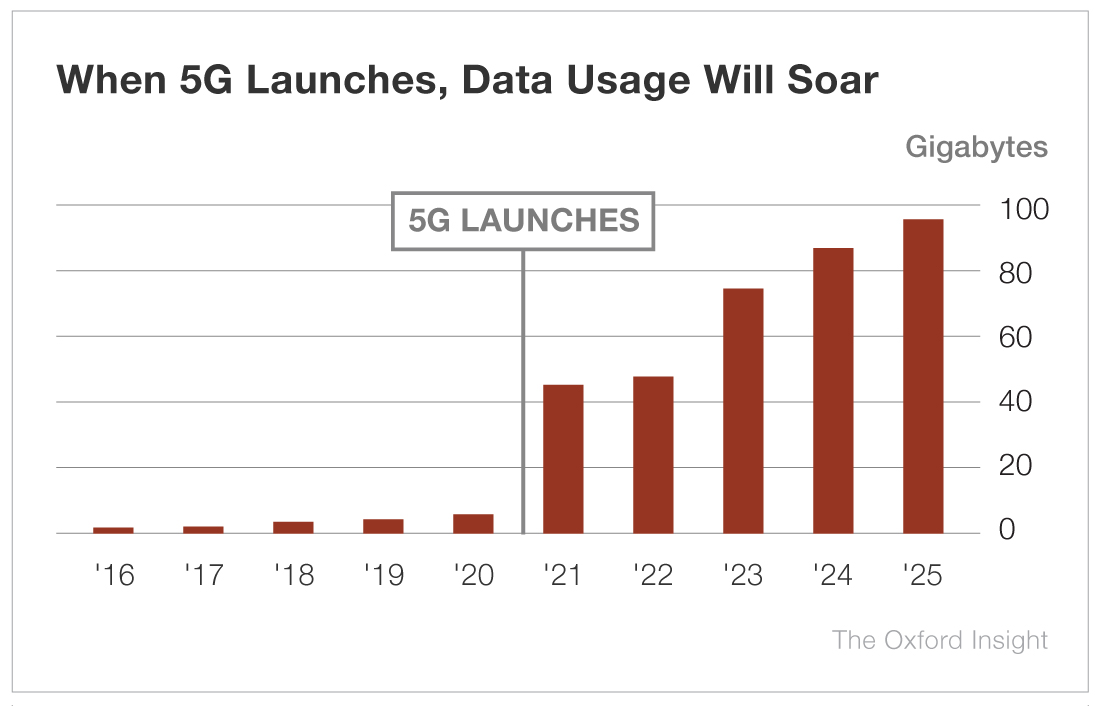Peak Oil and Peak Data Are Closing In
From Baltimore – Pandemics, like wars, leave permanent changes in their wakes.
The world wars of the 20th century redrew the world map, erasing centuries-old borders and etching new ones on the globe. They also brought American cultural, military and economic dominance while starting a Cold War that would last decades.
The Vietnam War changed the way many Americans viewed their nation and their government. Some historians argue the conflict also helped set the stage for China’s entry into the global economy, with all the repercussions that ensued.
The 1918 influenza pandemic – the Spanish flu – had long-term consequences for the health of flu survivors as well as permanent consequences for many nations in terms of lower social trust.
Undoubtedly there will be significant consequences that follow from the current coronavirus pandemic too, many of which we’ll recognize only in retrospect.
But a few of the long-lasting changes that will form this pandemic’s legacy are already revealing themselves. Interestingly enough, they’re closely related.
These are peak oil and peak data.
And in today’s Market Wake-Up Call, Energy and Infrastructure Strategist David Fessler – author of The Energy Disruption Triangle, Contributing Editor of Strategic Trends Investor and Editor of Fessler’s Flash Profits – touches on both.
Dave and Associate Franchise Publisher Rachel Gearhart discuss how the pandemic is accelerating a major rotation out of fossil fuels and into renewable energy sources. They also look at how the pandemic is driving a sudden need for much greater data speeds and bandwidth.
Peak Oil
For years analysts have attempted to forecast exactly when rising oil demand would outstrip declining production and send oil prices through the roof.
But fate had other plans. And, in fact, the opposite occurred. A supply glut brought on by the Saudis and the near complete collapse of oil demand due to the global quarantine have completely eviscerated oil prices.
Oil is now so abundant that a storage crisis has ensued, leading to a bizarre and seemingly impossible outcome: negative prices.
These events have flipped the script on what “peak oil” means to the energy sector and the global economy at large. Instead of worrying about hitting a peak in production, the world now faces the very real prospect of a peak in demand.

Peak Data
Meanwhile, technologies like video conferencing software, telemedicine and virtual classrooms are suddenly the norm, all a result of the pandemic. I argued in a recent Oxford Insight article that this is no passing fad. These relatively novel methods of human interaction are seeing rapid adoption and will remain fixtures of our society going forward.
Yet as they gain mass popularity, these technologies will require much greater levels of data – levels that can be met only by the superfast speeds and throughput that 5G delivers. Peak data, it seems, will be much bigger than anyone imagined.

The two trends – the precipitous drop in demand for oil and the rapid rise in demand for data – complement and reinforce each other: If you can’t drive or fly to interact with others, you will stream and videoconference instead. And if greater data bandwidth – aka 5G – makes digital interactions a realistic alternative to the real thing, flying and driving will become less appealing.
Of course, these changes in societal attitudes and consumer behaviors will create new opportunities for astute investors.
Dave and Rachel have much more on this, so be sure to watch today’s Market Wake-Up Call.
Enjoy your Sunday, and please remain safe,
Matt
P.S. If you’d like to know more about the best opportunities to profit from the massive transition to a 5G world that Dave has uncovered, take a look at this.
